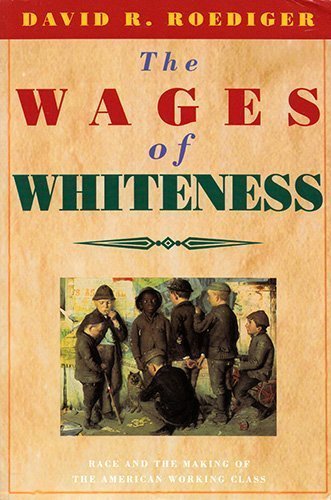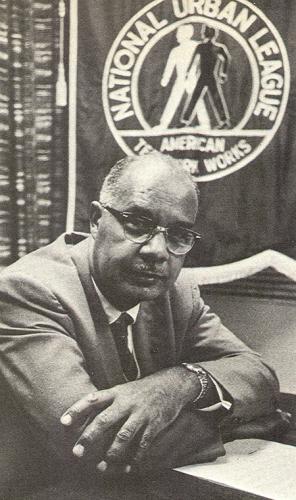
The Kerner Report’s Landscape: Liberalism and the Urban-Suburban Divide
The “white backlash” thesis remains the dominant historical explanation for the decline of New Deal liberalism and the attendant racial inequality that persisted since. Urban historians contribute the most sophisticated nuance to the backlash argument, situating the urban/suburban divide at the heart of both political realignment and racial disparities. Judith Stein’s scholarship, while engaging with the earlier proponents of the “backlash” thesis, nonetheless offers the blueprint for an alternative history of postwar suburbs, one that links city and suburb to a shared, rather than divided, story of liberalism’s decline and widening inequality.













